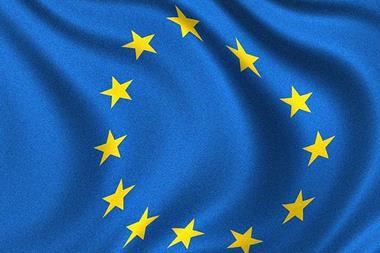Inquiry will focus on potential barriers erected by companies to cross-border online trade

The European Commission has launched an antitrust competition inquiry into the EU e-commerce sector.
The inquiry will focus on potential barriers erected by companies to cross-border online trade in goods and services where e-commerce is most widespread such as electronics, clothing and shoes, as well as digital content.
Margrethe Vestager, European commissioner in charge of competition policy, said, ”European citizens face too many barriers to accessing goods and services online across borders. Some of these barriers are put in place by companies. This sector inquiry aims to determine how widespread these barriers are and what effects they have on competition and consumers. If they are anti-competitive we will not hesitate to take enforcement action under EU antitrust rules.”
With about 50% of the EU population having shopped online in 2014, more and more goods and services are traded over the internet. However, cross-border online sales within the EU are growing only slowly, with only 15% of the population having shopped online from a trader of goods or a provider of services based in another EU country. The Digital Single Market Strategy, which is published today, identifies regulatory barriers that hinder cross-border e-commerce. It proposes to address these and create an area where citizens and businesses can access and exercise online activities under conditions of free competition, irrespective of their nationality or place of residence.
However, businesses themselves may also establish barriers to cross-border online trade, fragmenting the market along national borders and preventing competition. Those barriers may include contractual restrictions in distribution agreements that prevent retailers from selling goods or services purchased online or cross-border to customers located in another EU country.
The inquiry will gather market information to better understand the nature, prevalence and effects of these and similar barriers erected by companies, and to assess them in light of antitrust rules.
Should the Commission identify specific competition concerns, it could open case investigations to ensure compliance with EU rules on restrictive business practices and abuse of dominant market positions.
In the coming weeks, the Commission, which can require companies and trade associations to supply information, documents or statements as part of a sector inquiry, will send requests for information to stakeholders throughout the EU. The companies concerned may include, for example, manufacturers and wholesalers as well as e-commerce retailers.
A a preliminary report should be published for consultation in mid-2016 and the final report is expected in the first quarter of 2017.




















No comments yet